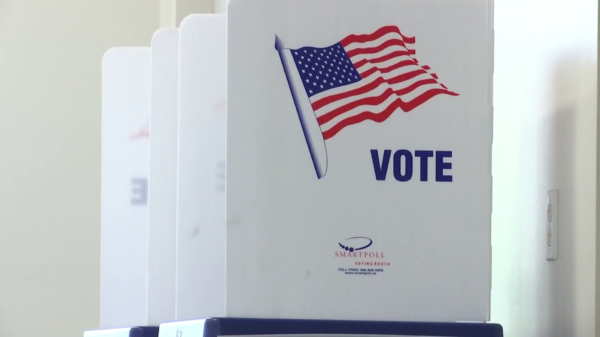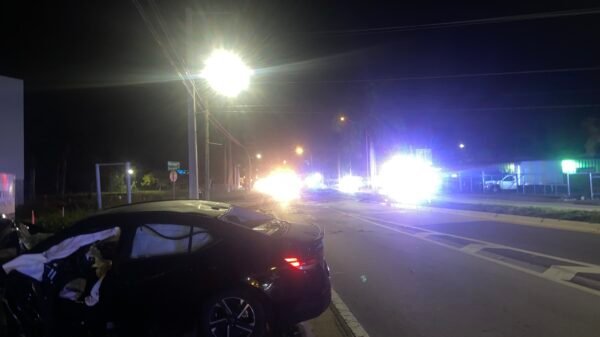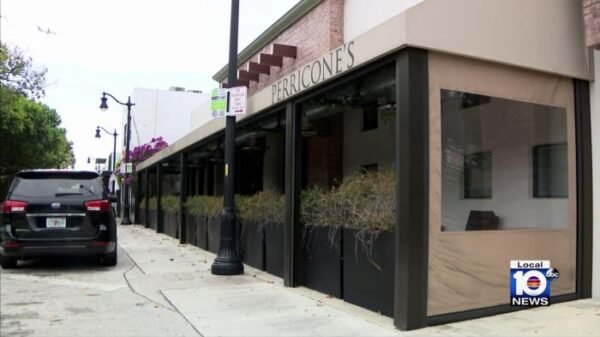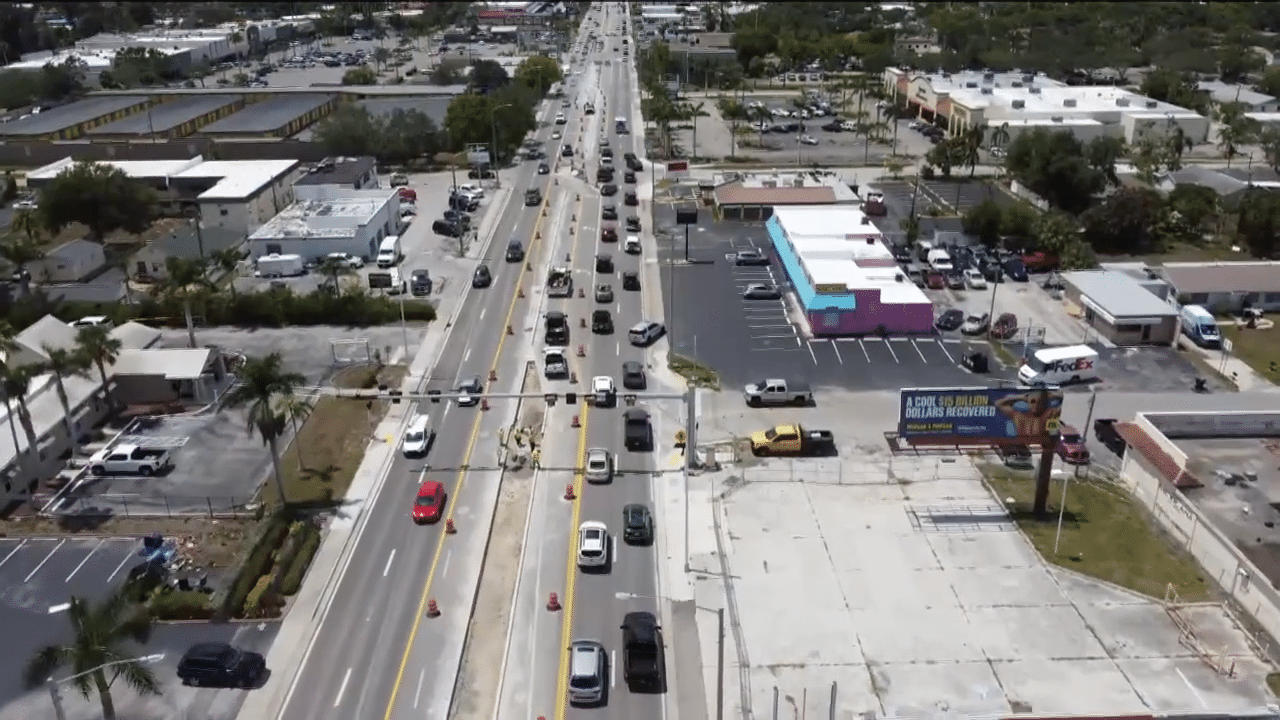Florida Lawmakers & Environmental Groups Clash Over Use of Radioactive Material for Roads
Florida lawmakers and environmental groups have been at loggerheads over the use of radioactive material for road construction. The state government has been pushing for the use of phosphogypsum, a radioactive byproduct of fertilizer production, as a roadbuilding material. However, environmentalists have raised concerns about the health risks associated with exposure to radiation and the potential long-term environmental damage that could result from the use of this material.
The Background
Phosphogypsum is a byproduct of phosphate fertilizer production. The production process involves extracting phosphates from rock and then reacting it with sulfuric acid to create phosphoric acid. The leftover material, called phosphogypsum, contains low levels of naturally occurring radioactive elements such as uranium and radium. While the levels of radiation in phosphogypsum are not high enough to be classified as hazardous waste, they go beyond natural background levels.
Phosphogypsum is generally stored in stacks which can be several hundred feet tall, and these stacks have been a source of controversy in their own right. The sheer size of these stacks means that they can’t be easily moved once they are created, and the potential for environmental damage if they were to collapse is significant. The toxic waste contained within them can lead to soil contamination, groundwater pollution, and the release of large amounts of radioactive materials.
Florida’s Proposal
Florida’s proposal to use phosphogypsum as a roadbuilding material is based on a pilot project that began back in 1999. In 2017, Florida’s Department of Transportation (DOT) announced that it was pursuing this approach more actively, and since then, it has been testing phosphogypsum-based road surfaces on several major highways. One of the main arguments in favor of the use of phosphogypsum is its cost-effectiveness, as it can be obtained relatively cheaply from fertilizer manufacturers who would otherwise have to pay to dispose of it as hazardous waste.
Environmental Concerns
Despite these potential benefits, environmental groups have voiced their concerns about the health risks associated with exposure to radioactive materials and the long-term consequences of using phosphogypsum for road construction. The Florida chapter of the Sierra Club has been particularly vocal in its opposition to the proposal, arguing that the release of radioactive waste into the environment poses severe health risks to humans and other living things. The Sierra Club and other environmental groups have pointed out that exposure to low levels of radiation over time can lead to an increased risk of cancer and other health problems.
There are also concerns about the potential long-term environmental damage that could result from the use of phosphogypsum as a roadbuilding material. According to a report by the Environmental Protection Agency (EPA), the material can leach heavy metals and other contaminants into groundwater sources, posing a long-term risk to public health and the environment.
The Debate Rages On
The debate over the use of phosphogypsum in road construction has been ongoing for several years, with both sides presenting detailed arguments and research to support their positions. Proponents of the use of the material argue that it can be safely used in road construction and that the risks it poses are minimal. They point out that many other states, including Louisiana and Texas, already use phosphogypsum in road construction without any major problems.
However, opponents argue that the risks associated with using such a material are simply too great. The potential health risks, environmental damage, and long-term consequences simply outweigh any potential benefits. Despite this opposition, it seems that the Florida state government is determined to pursue its plans to use phosphogypsum in road construction, and the debate looks set to continue for some time yet.
The Conclusion
The use of phosphogypsum in road construction is a controversial issue that has divided opinion in Florida and beyond. While the state government sees it as a cheap and effective way to build roads, environmental groups are concerned about the potential health risks and the long-term environmental damage that could result. It remains to be seen whether the debate over this issue will be resolved anytime soon, but one thing is certain: the environmental impact of our choices is a critical consideration that we cannot afford to ignore.




































